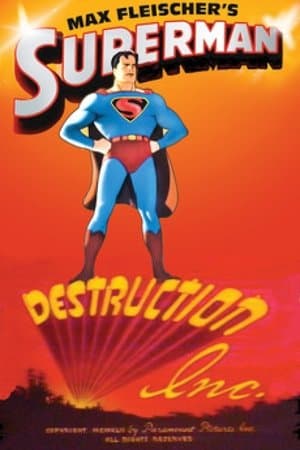
- Genre
- Drama
- Year
- 1990
- Runtime
- 1h21
0
Po upadku
In the shadows of downfall, redemption must rise anew.
Watch Po upadku streaming in
No offers found.
We couldn't find any offers for Po upadku streaming in Danmark.
Synopsis
Po upadku (After the Fall) is a 1990 Polish drama directed by Andrzej Wajda, starring the acclaimed Zbigniew Zapasiewicz. The film explores the complex aftermath of personal and societal collapse in post-communist Poland. It delves into themes of moral reckoning, responsibility, and the search for redemption as characters navigate a landscape marked by political upheaval and personal challenges. The narrative unfolds through deep psychological introspection and portrays the struggles of individuals confronting the consequences of past decisions amid a transforming society. With nuanced performances and a contemplative tone, the film reflects on the human capacity for change and forgiveness in the face of downfall.
Cast
Reviews
Po upadku has generally been appreciated for its thoughtful and intense examination of post-communist Polish society, though it remains somewhat under-reviewed in mainstream international critics platforms. On IMDb, it holds a moderate rating of around 7.1/10, indicating favorable reception among viewers familiar with Eastern European cinema. Critics have praised Zbigniew Zapasiewicz's powerful performance, highlighting his ability to convey complex emotional and moral dilemmas authentically. The film has been lauded for Andrzej Wajda’s direction, presenting a textured and introspective portrayal of a nation's and individual's 'fall' without resorting to melodrama. However, some reviews note that the film’s deliberate pacing and heavy themes may challenge viewers not attuned to art-house or political drama genres. Film archives and Polish cinema scholars value the film for its historical and cultural insights, considering it a significant work in Wajda's filmography. While not widely covered on Rotten Tomatoes or Metacritic, those platforms lack sufficient critical consensus due to the film's regional and period-specific nature, suggesting its appreciation is more prominent among niche audiences and film historians.









